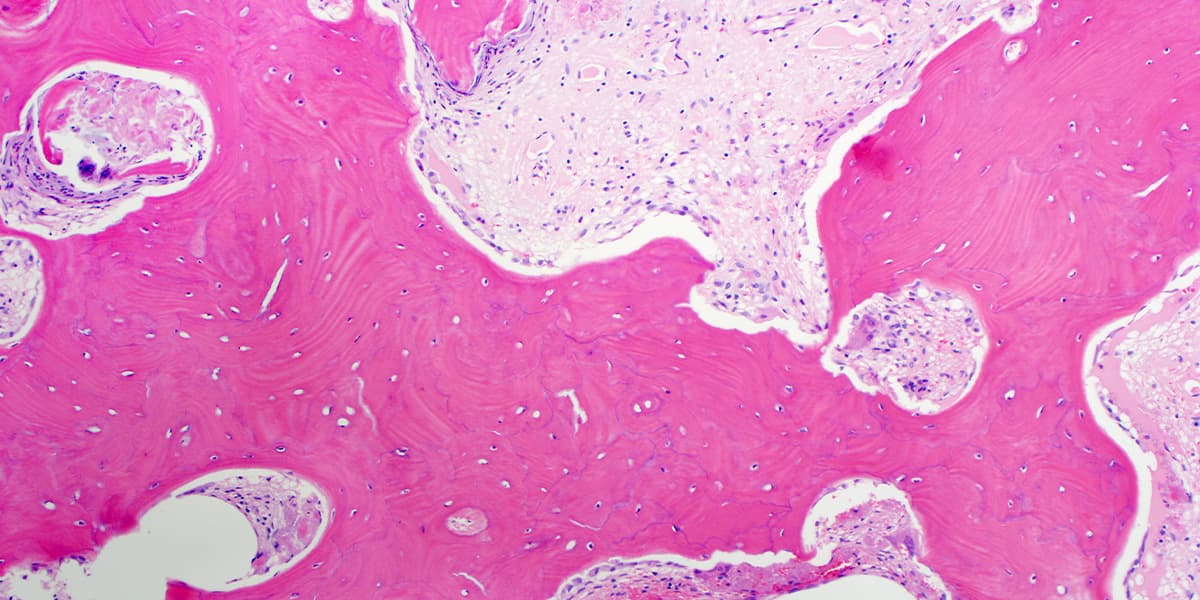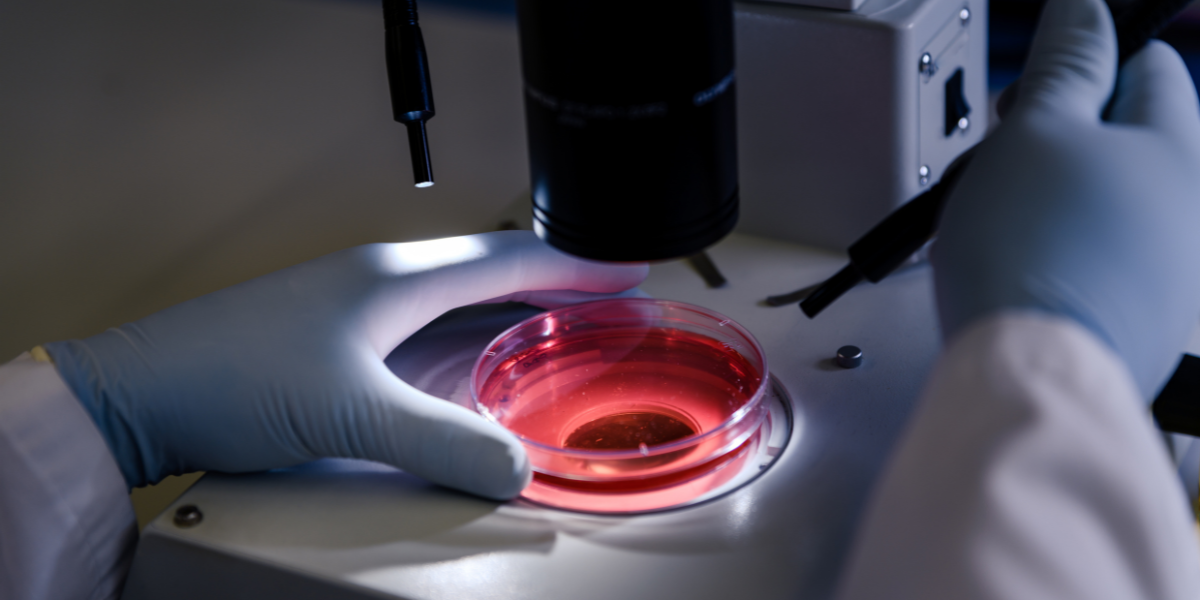Within medicine, there are many specialties, each with a litany of subcategories and specialties within specialties. Whether you’re a patient or a physician, you need to know that the person you’re sending your medical samples to is knowledgeable and experienced so you can have peace of mind that the diagnosis you receive is accurate. If you’re sick, for example, you will want your specimens to be sent to a pathologist specializing in detecting disease within tissue, cell, and fluid samples. Pathology as a specialty has many categories, each focusing on conditions found in specific places within the body; let’s investigate the different types of pathology.
Click Here to See the Important Blood Donation Stats
Anatomical pathology is a broad category within the study of pathology, which refers to the examination of organs and tissues. The field is divided into many subfields, including surgical pathology (examines surgical specimens), cytopathology (examines cellular elements in fluid and smear preparations), and forensic pathology (determining the cause of death).
- Dermatopathology is type of surgical pathology focusing on the skin and integumentary system.
- Neuropathology studies diseases within the nervous system.
- Pulmonary pathology focuses specifically on diagnosing neoplastic and non-neoplastic diseases of the lungs.
- When diagnosing and characterizing kidney diseases, renal pathologists are the specialists. They will often work with nephrologists and transplant surgeons to obtain diagnostic specimens.

Pediatric pathologists specialize in diagnosing diseases during child development.
If anatomical pathology deals with organs and tissues, clinical pathology focuses on detecting diseases through laboratory analysis of bodily fluids such as blood and urine. Hematopathology, for example, studies diseases of blood and bone marrow. Molecular pathology focuses on diagnosing disease by examining the molecules found within the organs, tissues, or bodily fluids.
The field of pathology itself, though, is not restricted to human diseases. Veterinary pathologists cover disease detection among animals, while plant pathologists detect and diagnose various diseases among plants, including those caused by fungi, bacteria, and other organisms.
Pathology is a complex field of medicine with many more specific areas. When it comes to your medical samples, you want to make sure experts are handling and examining your specimens, which is why the team of pathologists at South Bend Medical Foundation is devoted to the accuracy of your diagnosis.




